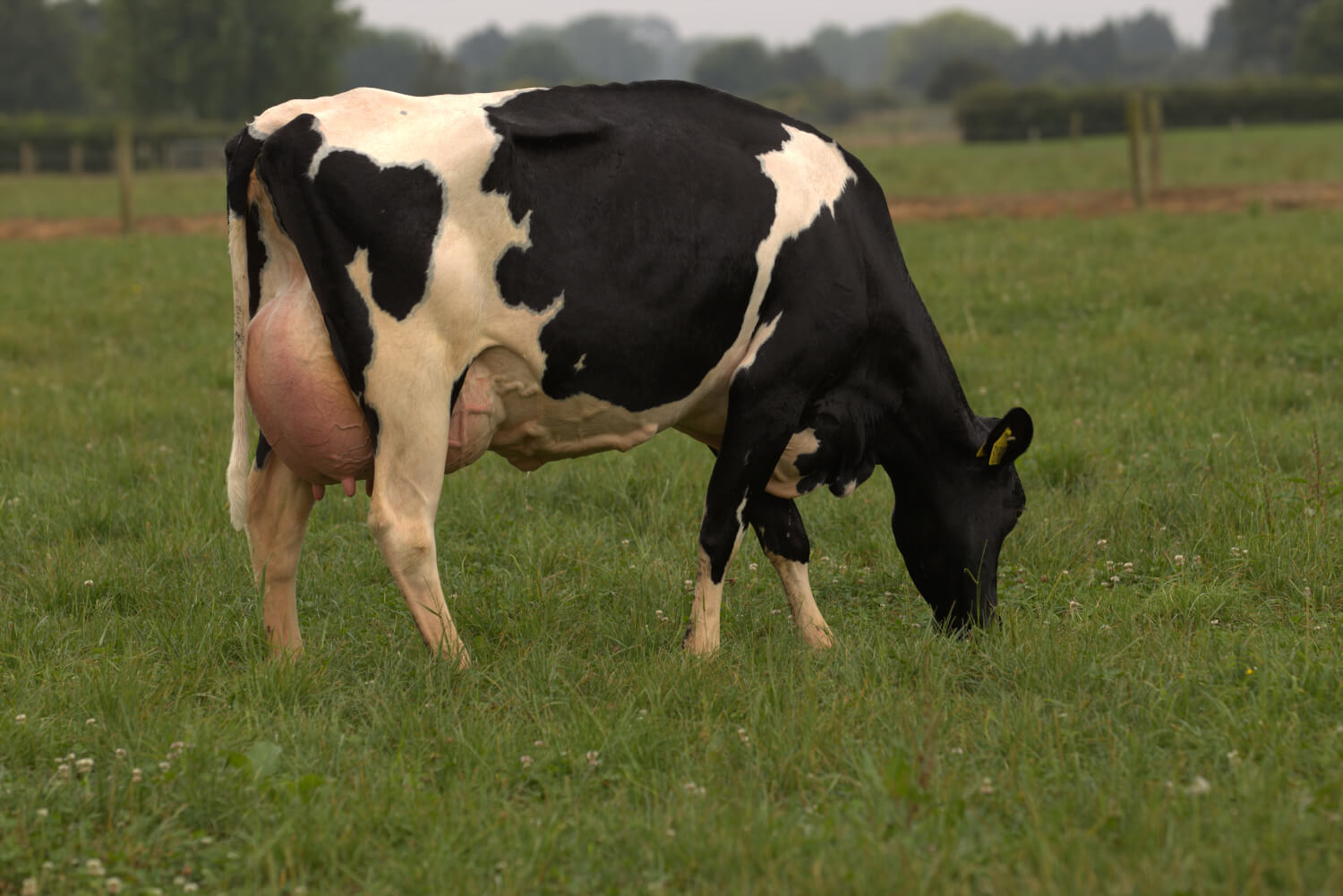27 Jul New Zealand dairy genetics company collaborating with University of Florida on heat tolerance
New Zealand company Thermo Regulatory Genetics Limited has built a strategic alliance with the University of Florida, with the objective of developing a range of cattle and farming systems with a focus on heat tolerance.
By concentrating on heat tolerance, and other associated traits, both parties are aiming to reduce the environmental impact of current on-farm cooling methods, and boost the profits for farmers operating in hot climates by improving cattle welfare and production.
Thermo Regulatory Genetics owns the largest dairy breeding nucleus of ‘Slick’ animals in the world, named because cattle who inherit the gene have very short hair and appear shiny and slick.
Their lack of hair keeps them up to 1°C cooler than other cattle and is enough to make them perform significantly better in hot and humid temperatures, making them ideal for dairy operations in tropical countries.

As part of the alliance, signed in June 2020, the company will contribute data from their Waikato-based herds for the University’s research, as well as current and future herds from warmer countries such as the Philippines, Tanzania, Mozambique, Zimbabwe, southern USA and Vietnam.
The University of Florida has strong research expertise in tropical dairy and beef science, and the research team is led by Dr Peter Hansen, who has been researching dairy and beef cattle genetics for over 30 years.
CEO of Thermo Regulatory Genetics, Derek Fairweather, says the partnership will provide benefits for both parties, and allow for research on heat tolerant genetics to flourish.
“As climate change takes hold, heat stress is becoming a more pressing issue for dairy farmers around the world, with many European and American breeds that are popular in the tropics producing less milk, and are facing further fertility challenges, as temperatures rise.
“The key intention behind this collaboration is to share ideas, data and create research projects for Masters and PhD students, to increase the body of knowledge behind heat tolerant genetics and the Slick gene. And from our side, more research means we can build a science driven superior animal to take to market.”
Research already completed by Dr Hansen and his team has shown the advantages the Slick gene can offer farmers.
“Our research on Holsteins with the Slick gene has shown cows with the gene don’t suffer the drop in milk yield during heat stress that other cows do,” says Hansen.
“We’ve also found that Slick cows have lower body temperatures in hot conditions, and our colleagues in Puerto Rico have shown that calving intervals are around two months shorter than non-Slick cows.”
Florida has a hot, humid environment and a significant beef and dairy cattle industry, so the University is well-placed to find ways to reduce environmental impact through genetics and physiology. The University team are also working with the US Holstein Association and University of California Davis, and have produced Slick animals in Florida and California.
“We’re looking forward to sharing data with Thermo Regulatory Genetics, to see how the Slick animals compare on body temperature, productivity and other physiological functions on a larger scale, given the size of their breeding nucleus and herd,” says Hansen.
Both Hansen and Fairweather say that long-term, Thermo Regulatory Genetics and the University of Florida will embark on a gene discovery process, to find additional causative mutations that control the regulation of body temperature, parasite resistance, puberty and carcass characteristics.
“We’re focused on continuing to refine and improve the genetics we sell, using traditional breeding methodology, we are not developing gene edited animals. But we are using leading edge genomic testing to assess genetic potential, and selecting the most economically important traits for milk producers in topical conditions,” says Fairweather.
“There’s 250 million dairy cows in the tropics, so there is real potential and opportunity in developing the right cow for those climates.”

Sorry, the comment form is closed at this time.